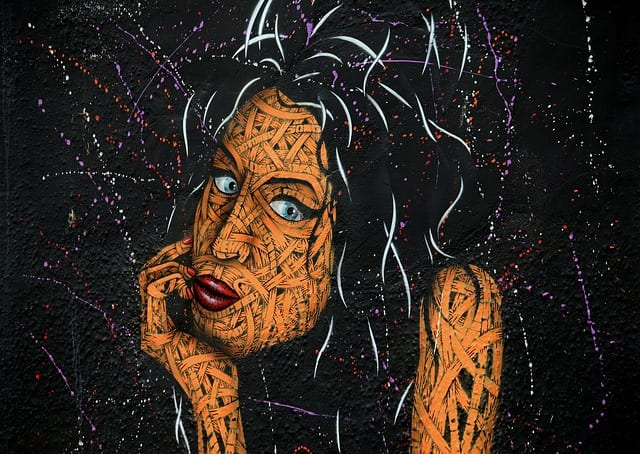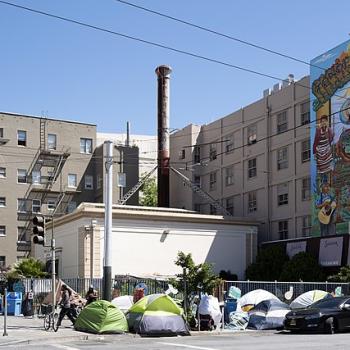
[from Facebook comments: originally stimulated by singer Amy Winehouse’ death; slightly modified and revised presently]
***
If we know a loved one who is addicted to (or is a “victim” of) substance abuse, it’s our responsibility to exercise tough love and to not be enablers. It’s very difficult and uncomfortable, but we have to do it. If all these poor people who die due to drugs had someone who loved them enough to get them the help they need, things possibly could have turned out very differently in many cases. May God rest and save Amy’s soul.
It’s very difficult. But our responsibility in such cases is to definitely not be enablers, and to try to persuade the person to get help. That’s the very least. Sometimes (maybe most times, who knows?) it will be unsuccessful because of the drugs and human stubbornness.
But at least an effort needs to be made. I blamed neither Amy’s friends or her parents. I don’t know enough about any of them to comment. I’m merely making a general observation. Some of these tragic deaths can be prevented with more active intervention: not all, by any means.
Tough love is not all it takes. I did mention above, “get them the help they need”: which meant (though I could have spelled it out more) some kind of rehab or professional help. I didn’t lay it only on friends’ and parents’ shoulders.
Nor is it my view that the only cause is enabling behavior. I’m simply saying that we must not be enablers. I’m not making some huge statement about causes and difficulties and cures: I only said: 1) don’t be an enabler, and 2) exercise tough love to try to get help for the person involved. I fail to see how anyone could disagree with those two things. But we know in many cases that people fail to do that. There is such a thing as enabling behavior. Whether her parents or friends are at fault in this way, I have no idea; never said one way or the other.
I’m not trying to judge them; I’m trying to make a positive statement that can help to hopefully prevent deaths of this sort in some cases. That’s my motivation, and I felt strongly led to say it.
[someone was severely judgmental towards me after I wrote the above]
I never said (nor implied at all) that I was an “authority” on drug situations because I have special needs children. My two points in the original comment were simply:
1) Do not enable drug behavior (insofar as another person is responsible for that),
2) Exercise tough love and try to get them professional help, inasmuch as it is possible.
How anyone could disagree with that is beyond me.
There are 12-step programs and other things that have proven very effective in helping drug addicts: precisely because they incorporate spiritual elements and hope. But the person has to get there, and that is where non-enabling and tough love can play a big part. But I never said that the drug addict would never resist. Of course they can and do.
To say, “intervention and tough love are good, and our responsibility” is not the same as saying, “these actions will succeed in every case and if they don’t, the persons around the drug addict must be primarily blamed for the problem.” I stated (and believe) the first thing; not at all the second.
A commenter wrote: “Society’s casual acceptance of it helped fuel Amy’s death.” Exactly. That is enabling behavior on a societal level. A person died, and as a compassionate Christian (not to say also a music fan, though I didn’t follow her or know anything about Amy Winehouse prior to this, except that she was popular), this bothers me, as I suspect more could have been done to prevent it. I can say that as well without placing blame on anyone in particular.
I think that for people who have had experience with drugs (themselves or with family members or friends, or as one in the field in some respect), it is a particularly painful and emotional topic, and perhaps objective discussion about it (or some aspects of it, anyway) is too difficult to undertake. It’s understandable.
I am not “against” anyone in these comments. I am for getting drug addicts or abusers professional help, so they can lead a normal life and avoid ending up as poor Amy Winehouse and many others have: in the morgue far earlier than they otherwise would have. That’s the devil’s victory and we all have to do whatever we can to defeat his tactics in destroying lives.
***
(originally 8-3-11)
Photo credit: dpexcel (6-8-16): image of singer Amy Winehouse, who died at age 27 in 2011, after suffering from bulimia and many drug and alcohol addictions. [Pixabay License / Pixabay]
***













